Are you and your partner or partners satisfied with the current state of your relationship? Learn more about our $99 Relationship Checkup.
Search for a therapist, a psychiatrist or other content:
Category » Student Interns
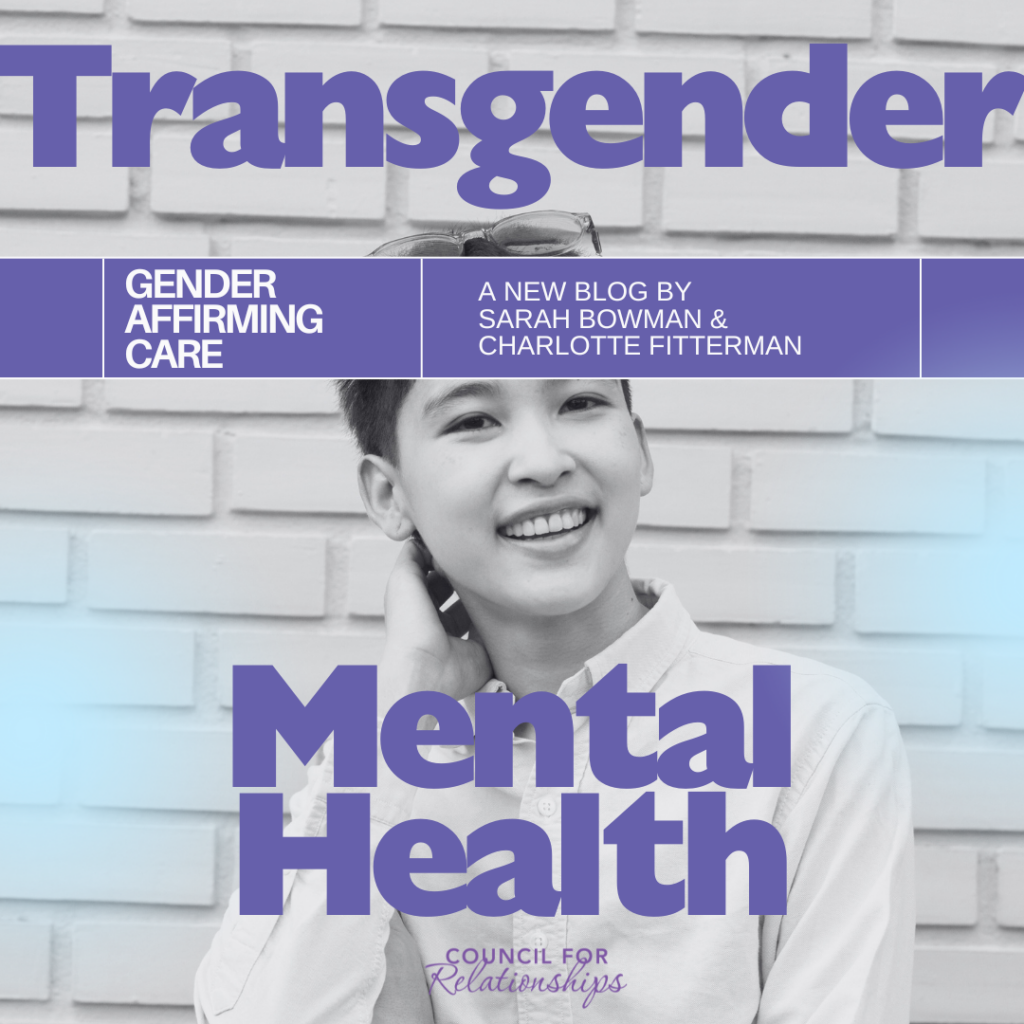
Supporting Transgender Mental Health Through Gender Affirming Care
Visibility empowers transgender and nonbinary people. Honoring trans lives means recognizing their resilience and lived experiences, while also advocating for essential support like gender affirming care and transgender mental health…
Read More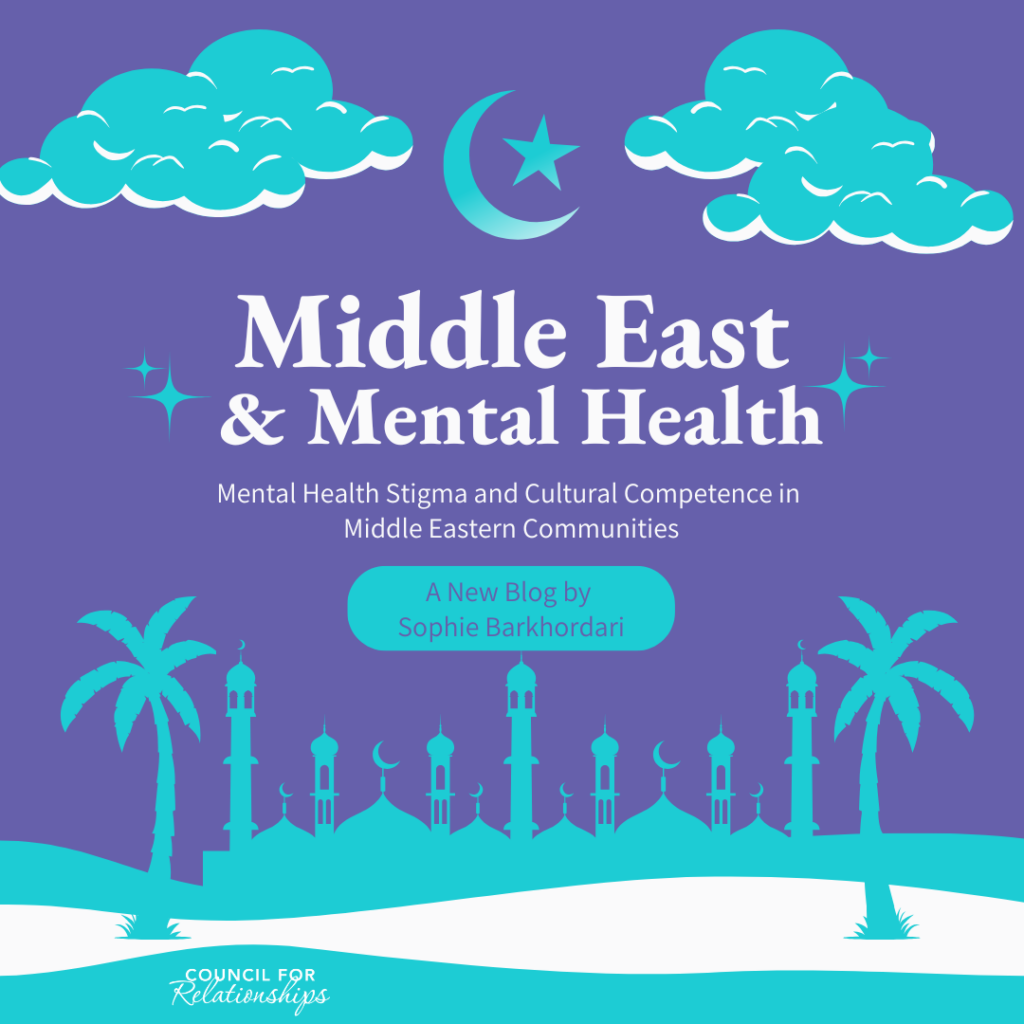
Mental Health Stigma & Cultural Competence in the Middle East
Mental health remains a difficult topic in many Middle Eastern communities, where values such as strength, privacy, and honor often discourage open emotional expression. As a result, mental health stigma…
Read More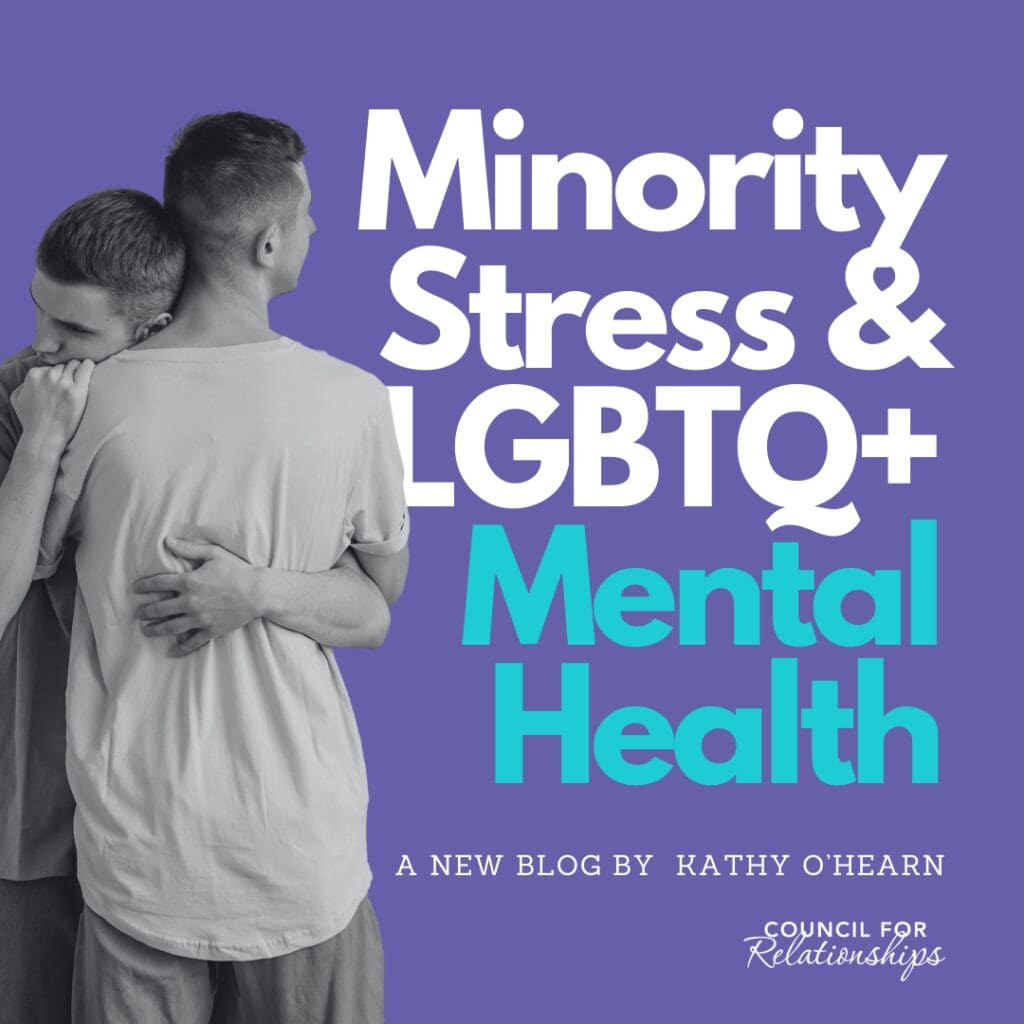
Minority Stress & LGBTQ+ Mental Health: What to Know
At Council for Relationships, we believe representation, visibility, and affirmation are essential to LGBTQ+ mental health. In this blog, Clinical Intern Kathy O’Hearn—a master’s student at Thomas Jefferson University and…
Read More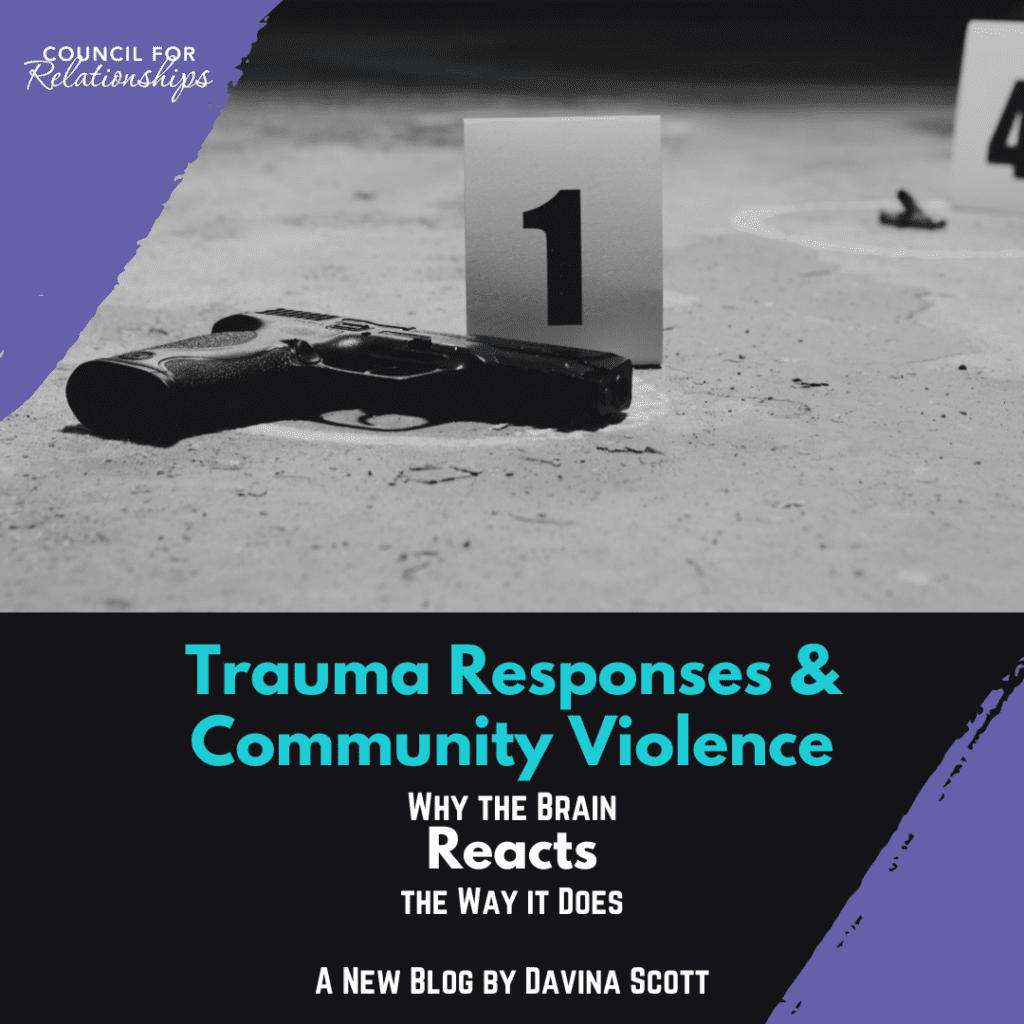
Trauma Responses & Community Violence: Why the Brain Reacts the Way It Does
Davina Scott, a Clinical Intern at Council for Relationships and a student at the University of Pennsylvania, explores the profound effects of community violence on mental health. In this blog,…
Read More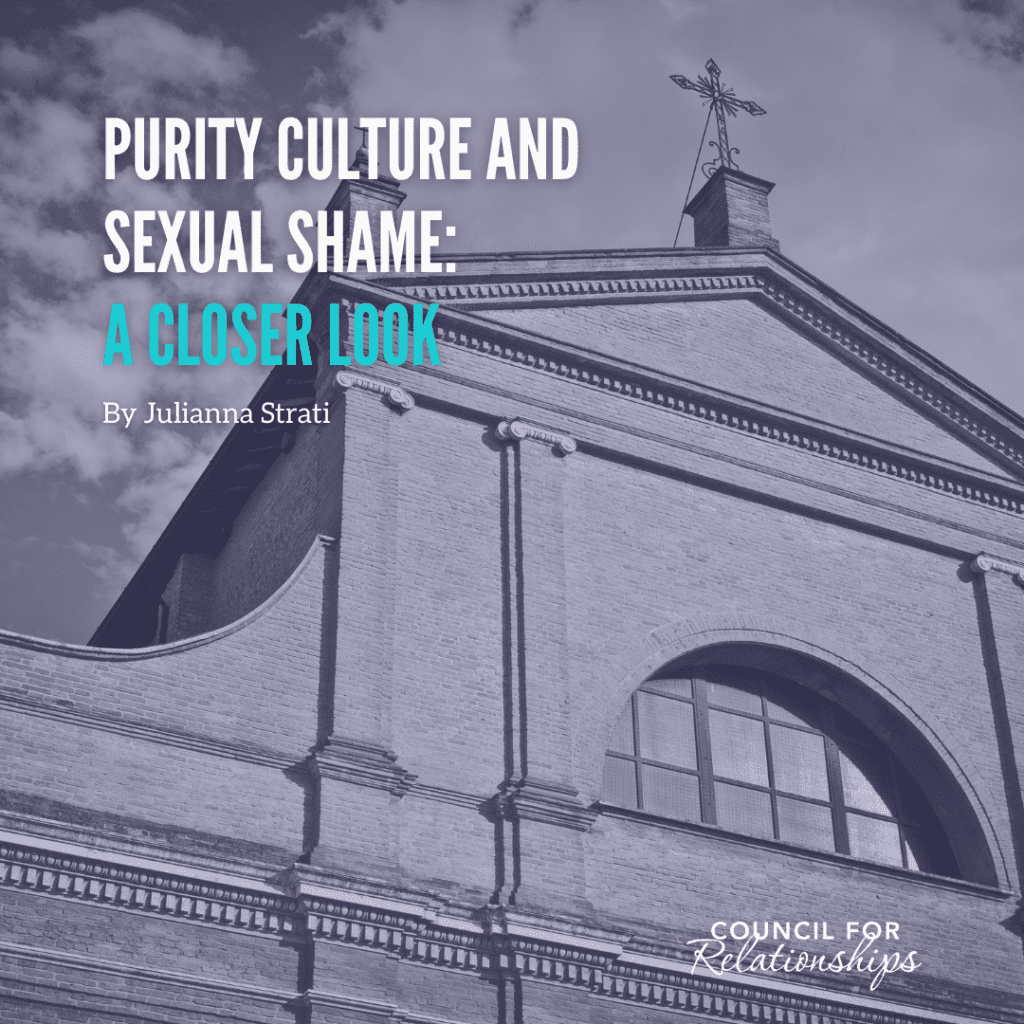
Purity Culture and Sexual Shame: A Closer Look
Purity culture and sexual shame have shaped the lives of many people raised in Christian communities in the United States. These beliefs became popular in the 1990s. They often suggest…
Read More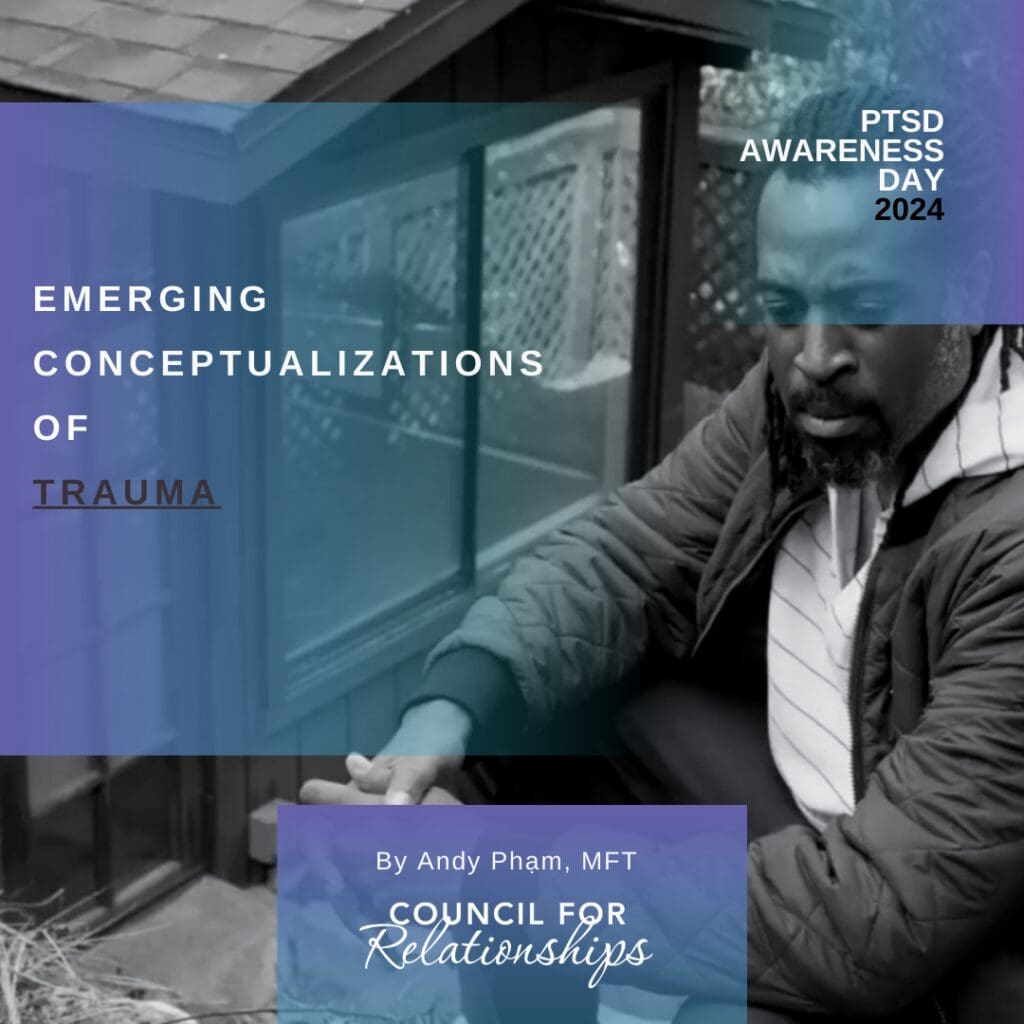
PTSD Awareness & Emerging Ideas on Trauma
As we mark the 15th Annual PTSD Awareness Day, it’s essential to reflect on the evolving understanding of post-traumatic stress disorder (PTSD) and its impact on diverse communities. In this…
Read More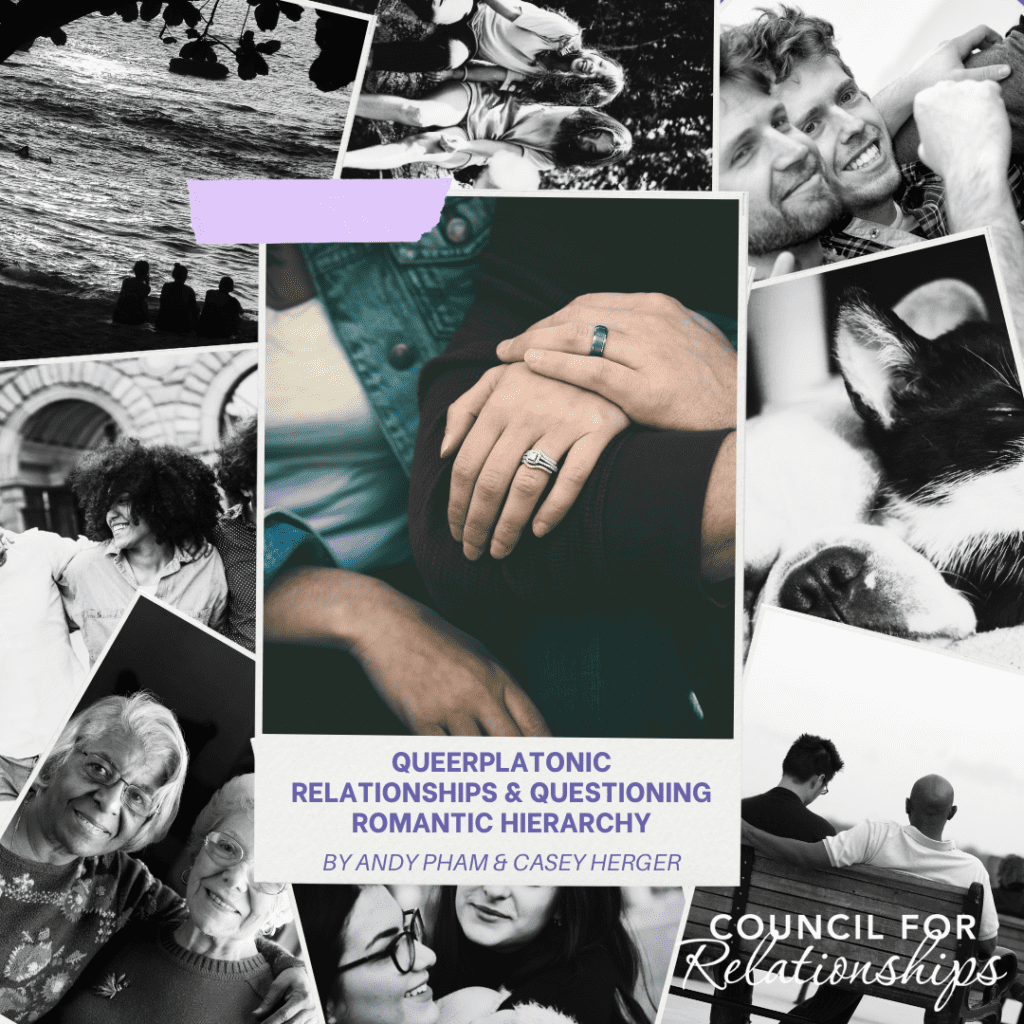
Queerplatonic Relationships & Questioning Romantic Hierarchy
This blog discusses the overlapping of different types of relationships, particularly in queerplatonic bonds. It also explores the complexities of human connections. Queerplatonic relationships go beyond labels and involve people…
Read More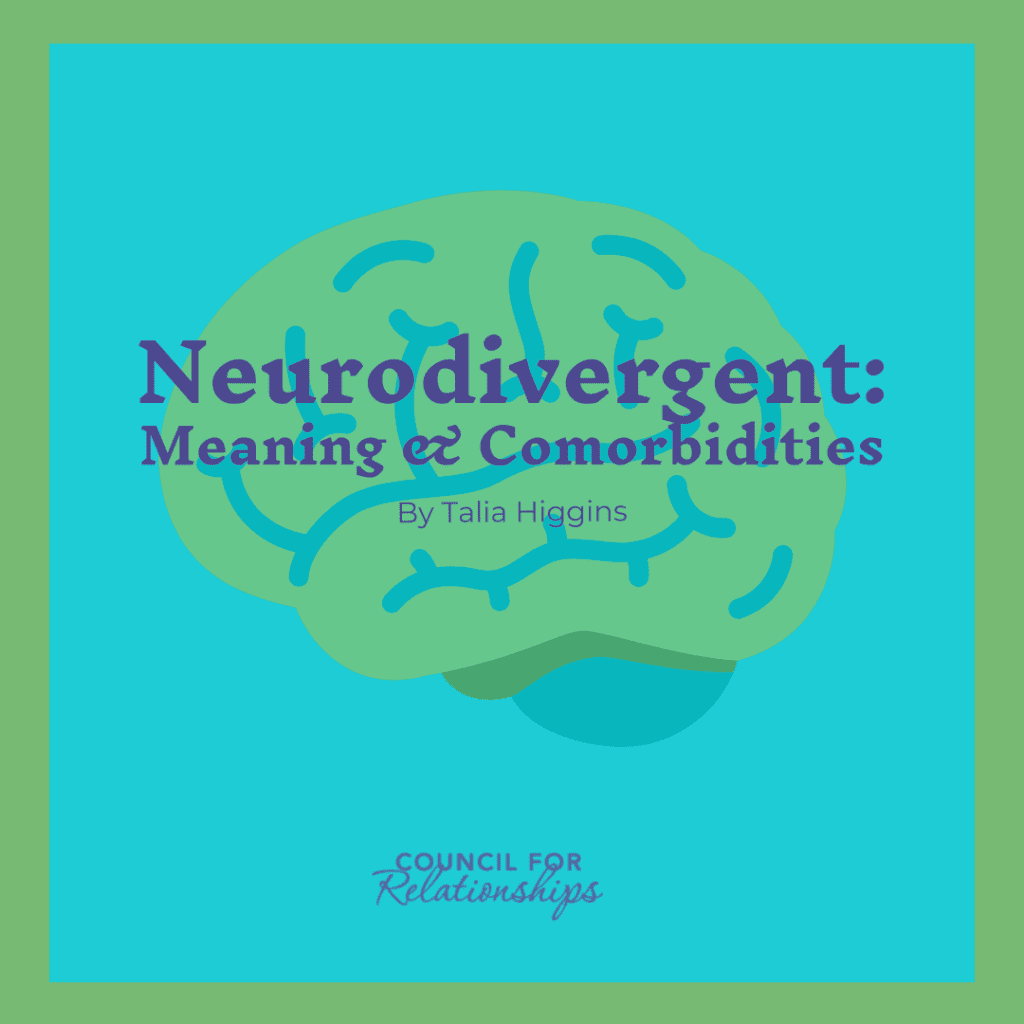
Neurodivergent: Navigating the Mental Health Issues
What it means to be neurodivergent is often misunderstood. The term describes individuals whose brain processes, learns, or behaves differently from what is typical. This term covers many conditions, including…
Read More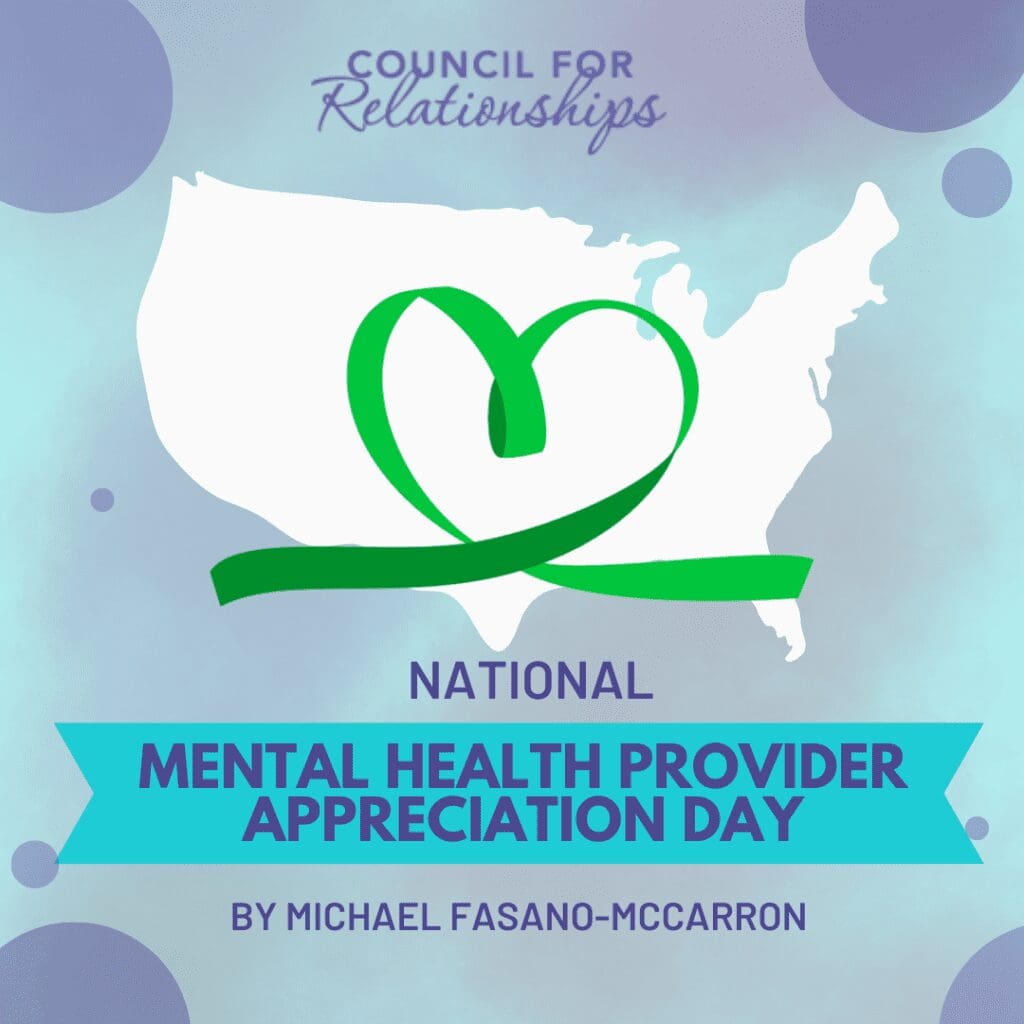
Mental Health Provider Appreciation Day 2023
I find myself in an appreciative mood today. Sure, it is Friday (if it is not Friday at the time you are reading this, it will soon be Friday, so…
Read More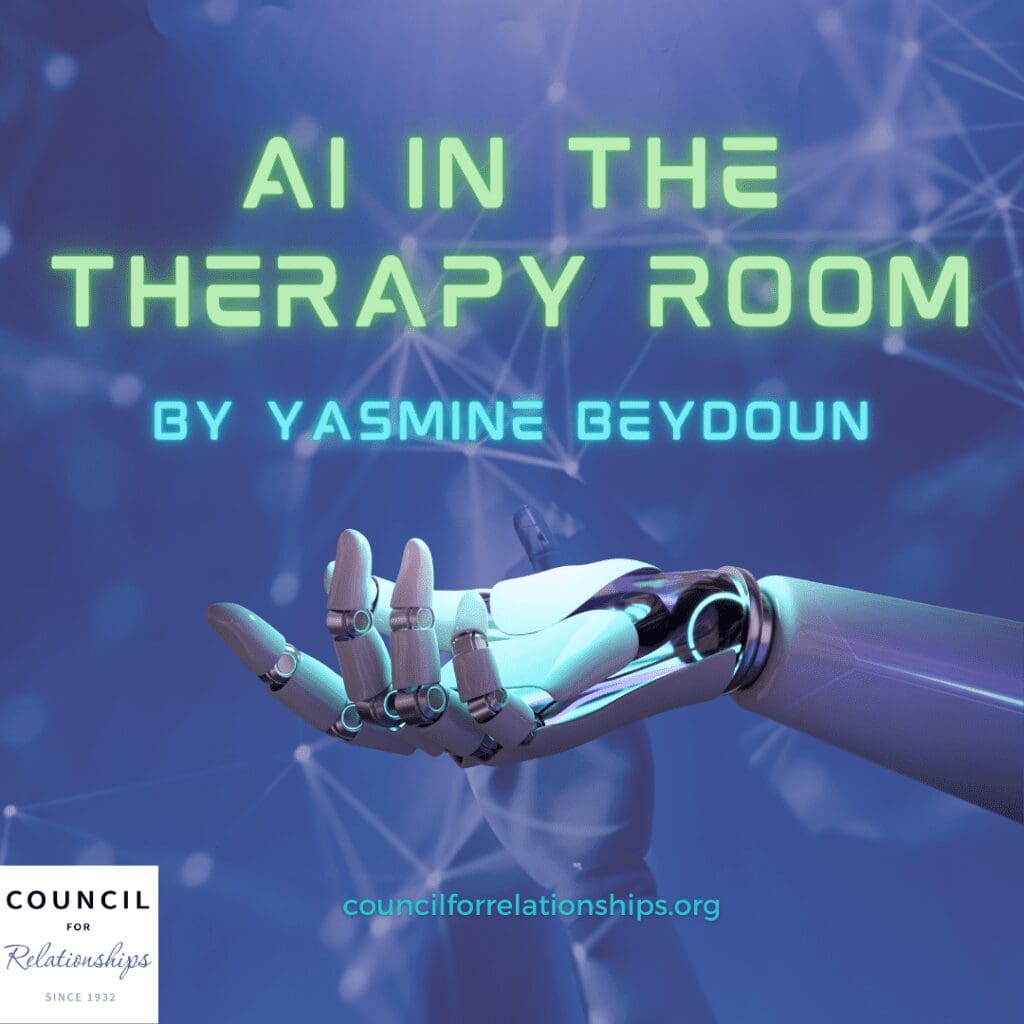
AI & Mental Health Therapy
Buzz about the potential uses of artificial intelligence (AI) in the mental health space has exploded since the launch of Open AI’s ChatGPT-3 last fall. Today, ChatGPT has more than…
Read More